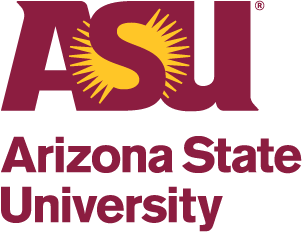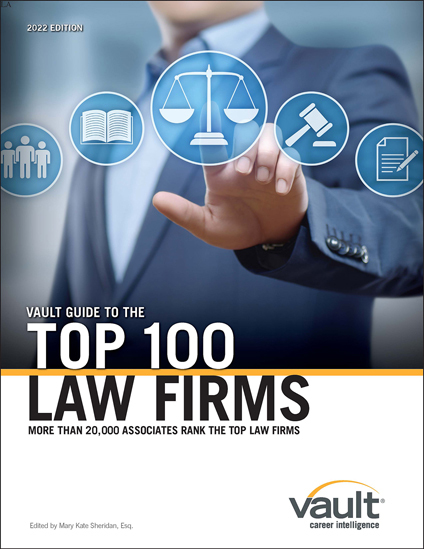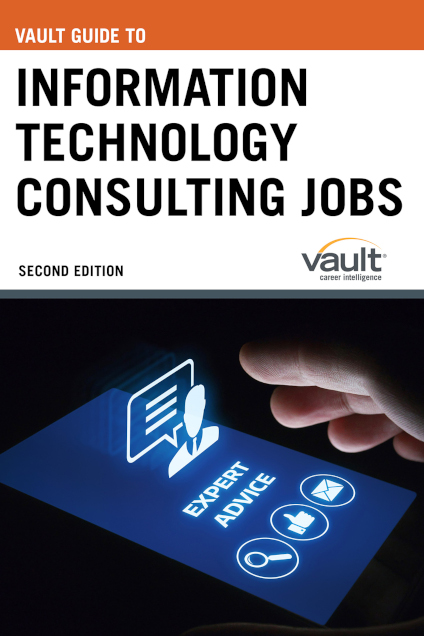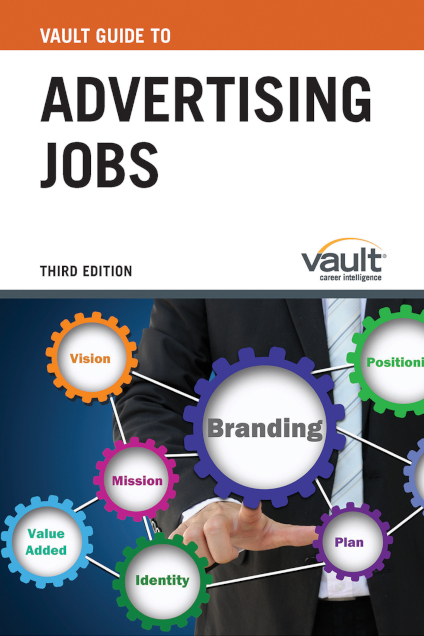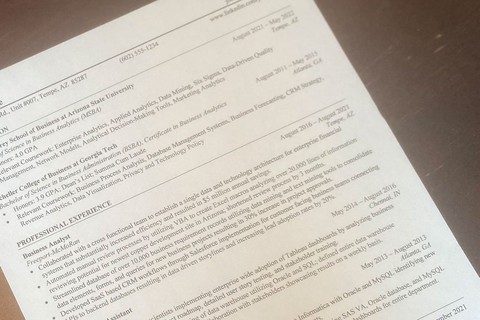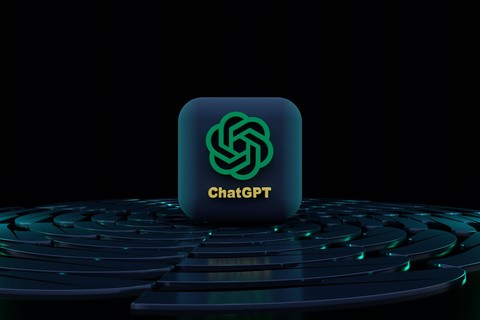Throughout your career, we’re still here.
W. P. Carey Career Services Center is here for you for the life of your career. Our alumni career resources are tailored to meet you exactly where you are in your lifelong career journey. Here you will find ways to connect with our team, as well as curated career tools and resources to support your success. Our dedicated team of experienced professionals can also assist you with transitioning careers, creating career connections, preparing for a new position, recruiting at W. P. Carey, building a personal brand, and more.
How to log in and access your alumni career resources
W. P. Carey is pleased to provide you with exclusive career resources for ASU business alumni. Before you proceed, you will need an active ASURITE login. These university knowledge articles provide information to help you get started. Please call the UTO Experience Center for questions and assistance with this process.
- What is an ASURITE?
- How do I get an ASURITE if I’m a former student?
- I need help with my ASURITE password
Identify where you are today
Your ongoing success as a W. P. Carey graduate is important to us. No matter where you are in your career journey, we look forward to supporting your path forward. Consider your current needs and future wants using the visual below – then connect with your career coach to plan personalized next steps.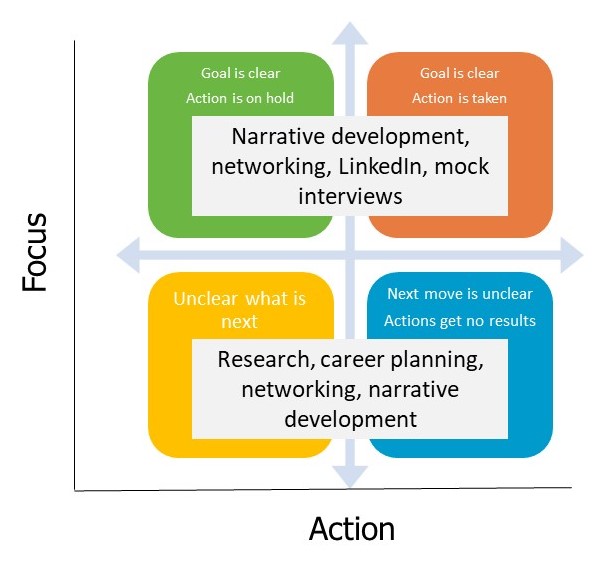
Learn the model
Career management is a lifelong journey we can help you navigate. Learning the steps of our Career Management Model is a great place to start. From Strategy and Market Research to Product Development and Operations, you will discover that resumes and interviews are small parts of a broader, successful plan.
-
1. Strategy
 Taking the space to explore and think about the life and professional experiences you have had to this point is an often overlooked first step. Successful career management begins with developing a strategy that involves taking the time to look backward and forward, so you can set a specific career goal that is attainable and fulfilling.
Taking the space to explore and think about the life and professional experiences you have had to this point is an often overlooked first step. Successful career management begins with developing a strategy that involves taking the time to look backward and forward, so you can set a specific career goal that is attainable and fulfilling.Key elements:
Assessment | Personal Career Decision Making | Career Action Plan (CAP) -
2. Market Research
 Once you have a career goal, performing market research is the process of exploring this more fully, getting information and details to test your thinking and coming to a commitment of how to action it in the marketplace.
Once you have a career goal, performing market research is the process of exploring this more fully, getting information and details to test your thinking and coming to a commitment of how to action it in the marketplace.Key elements:
Day to day: Function | Market position: Company | Trends: Industry | Location -
3. Product Development
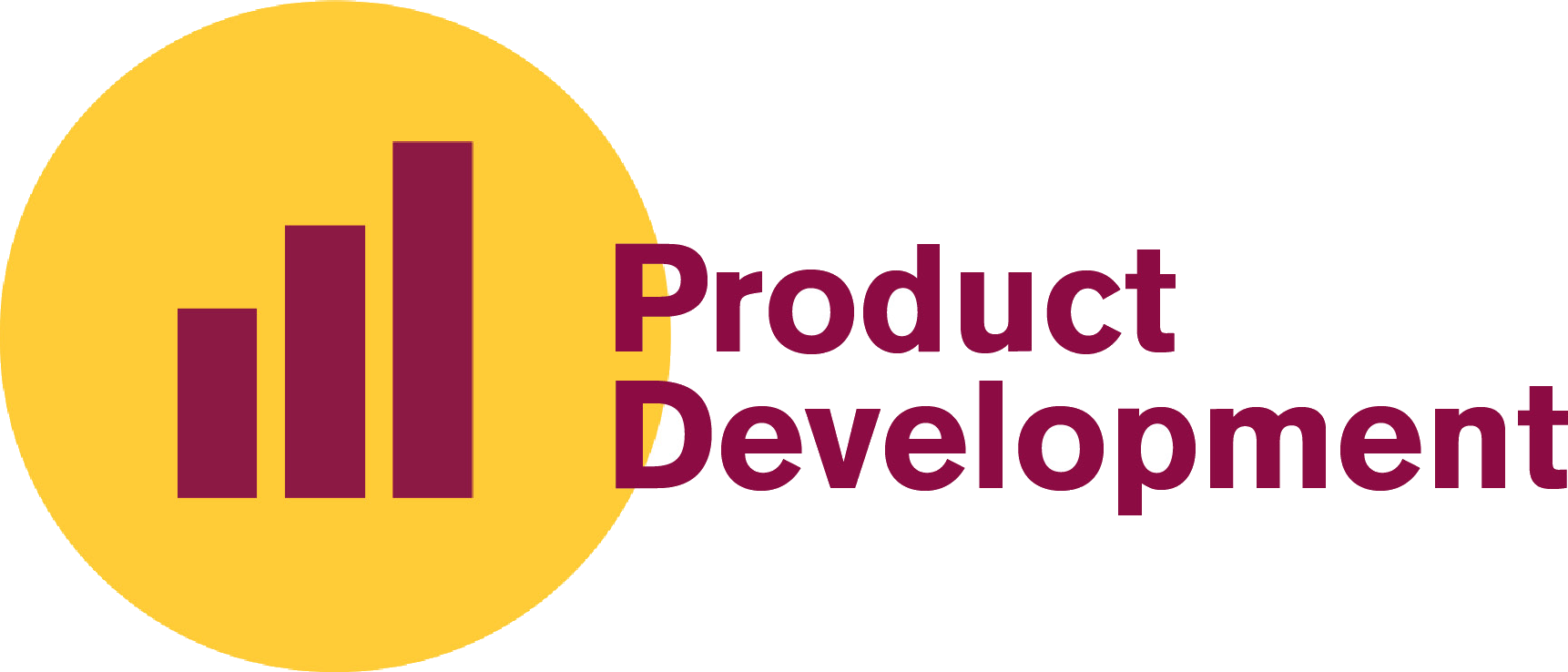 Now you are ready to test your assumptions in the market, which is done in the product development stage. This will have you active in the market, meeting people, networking, conducting informational interviews and going deeper on the research you have already done on the industry, companies and roles you are exploring. This phase helps you get beyond easy-to-access research and draw more insight from meeting people, asking thoughtful questions and digging a little deeper.
Now you are ready to test your assumptions in the market, which is done in the product development stage. This will have you active in the market, meeting people, networking, conducting informational interviews and going deeper on the research you have already done on the industry, companies and roles you are exploring. This phase helps you get beyond easy-to-access research and draw more insight from meeting people, asking thoughtful questions and digging a little deeper.Key elements:
Personal introduction | Networking & Informational Interviews | Executive Presence | Mentorship -
4. Operations
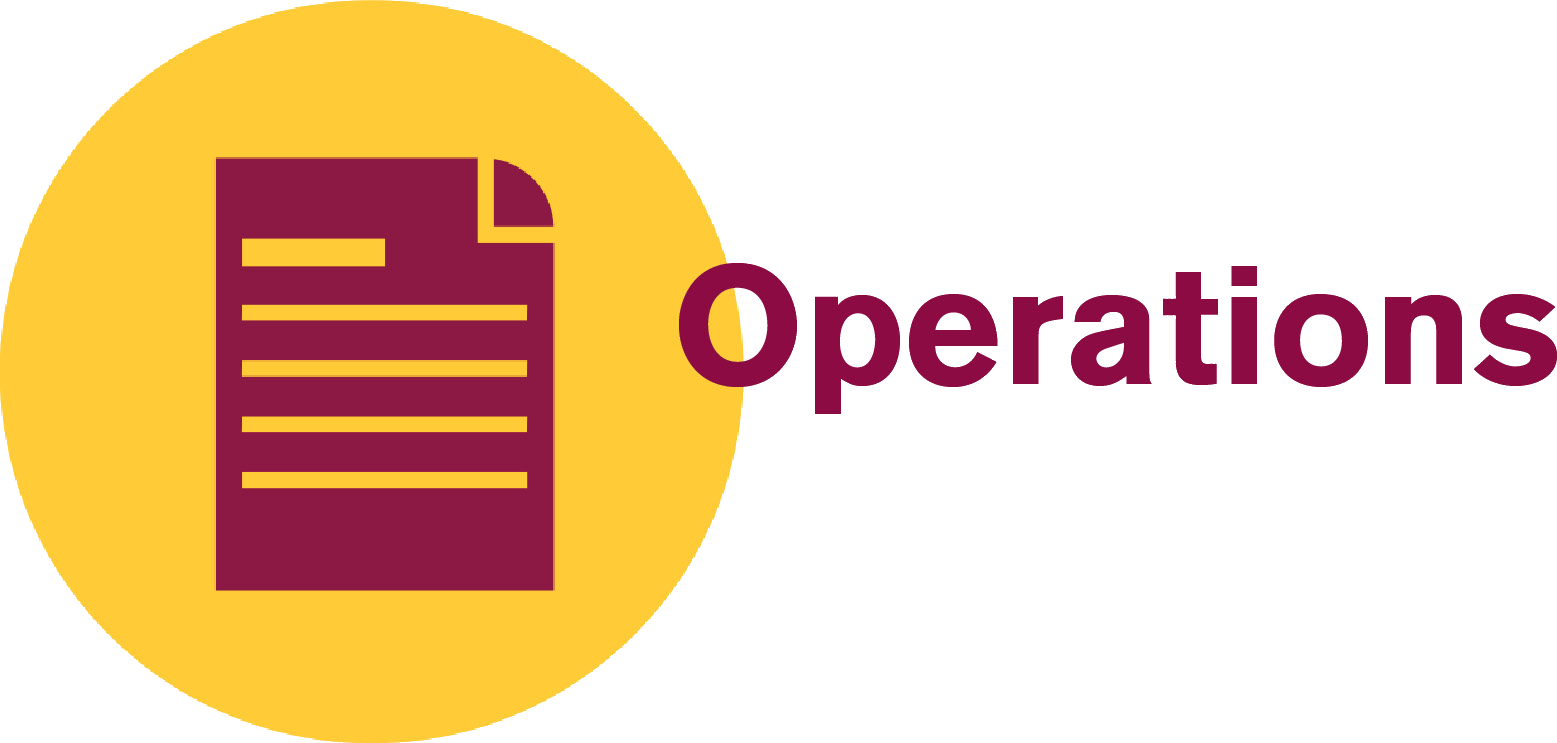 From there you operationalize your action plan with your marketing communications. This is the resumes, cover letters and interview stage of the process. The effort you put into the first three stages will help to ensure that this stage is less stressful and you are ready to compete confidently.
From there you operationalize your action plan with your marketing communications. This is the resumes, cover letters and interview stage of the process. The effort you put into the first three stages will help to ensure that this stage is less stressful and you are ready to compete confidently.Key elements:
Cover letter | Resume | Interviewing | Offer Assessment | Online Profiles
Engage in your job search
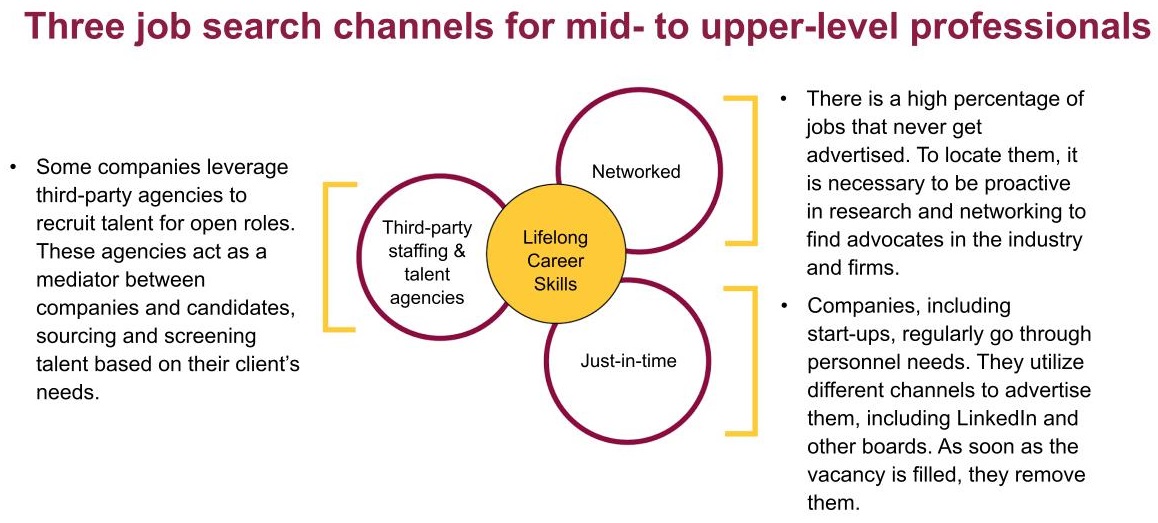
There are three primary ways business school students find jobs. Understanding which of these is part of your job search will help you build an efficient plan. Although each of these types of job searches requires a different plan, they all require the same core capabilities for success: Personal narrative, market research, networking, applications, and interviewing. Let us help you figure it out!
-
Third-party staffing & talent agenciesCompanies often leverage third-party agencies to recruit talent for open roles. These agencies act as a mediator between companies and candidates, sourcing and screening talent based on their client’s needs. To gain access to these opportunities, connect with agencies you see posting positions you are interested in to familiarize them with your qualifications and interests.
-
Networked job searchAll job searches require networking skills. There is a high percentage of jobs that never get advertised. To locate them, it is necessary to be proactive in research and networking to find advocates in the industry and firms.
-
Just-in-time job searchA majority of firms, whether they participate in on-campus recruiting or not, will have a need for immediate hires throughout the year. Although applications are submitted at the time of need, your preparation and networking should be ongoing in order to be ready when these opportunities arise. These opportunities can be limited and are not predictable, so you’ll want to view this as a back-up strategy, rather than an excuse to delay your job search.
